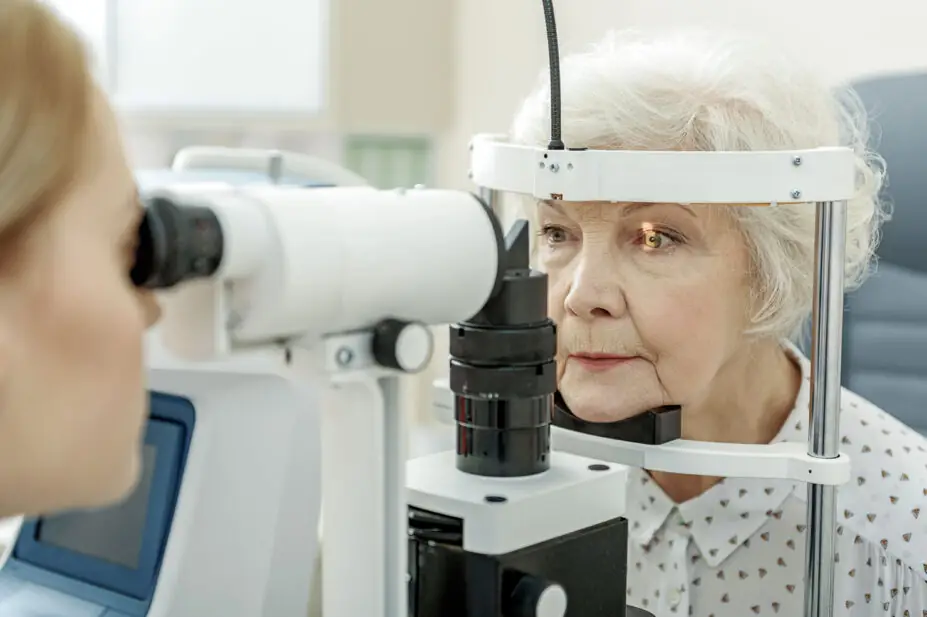
Shutterstock.com
Integrated care boards (ICBs) may start commissioning diabetic eye screening services in pharmacies from 2026, NHS England board papers have suggested.
In board papers published on 6 February 2025, NHS England set out proposals for vaccination and screening services to be delegated to ICBs from 1 April 2026 “to support ICBs’ role in population health and prevention”.
This follows the publication of the ‘NHS England vaccination strategy’ in 2023, which recommended ICBs take on the commissioning of vaccination services.
The board papers proposed that “all vaccination services [are] delegated to ICBs” and that the “commissioning of most components of screening services is delegated to ICBs”, setting out a list of services to be delegated and NHS England’s recommendations for each.
The list includes a diabetic eye screening programme, which it says could be commissioned from community health centres, high street opticians or pharmacies “to meet the needs of the local communities” and involves identifying patients for screening, issuing invitations, conducting screenings and referring to hospital eye services where needed.
Diabetic eye screenings, which look for diabetic retinopathy, currently take place in settings including GP surgeries, hospitals and optician practices.
Commenting on the proposals, Stephen Noble, chief officer of Community Pharmacy Dudley, told The Pharmaceutical Journal: “Any services that come out of secondary care or GP surgeries are worth considering, but I feel this one belongs with opticians. They are the eye care specialists and in a good place to spot diabetic retinopathy.
“Vaccination services would be something I’d be more interested in, such as pneumococcal vaccination, or even, maybe, administration and support for patients prescribed semaglutides, such as Wegovy (semaglutide; Novo Nordisk),” he added.
A spokesperson for the Royal College of Ophthalmologists said: “The Royal College of Ophthalmologists is supportive of diabetic eye screening services being delivered in all settings where there are suitable facilities, IT infrastructure and appropriately trained staff. All services, regardless of location, must meet the standards set by the national diabetic eye screening programme and ensure patients are appropriately screened for diabetic eye disease.”
In the same papers, NHS England said there were opportunities to “integrate local services with hospital eye services, diabetes care, other screening programmes and broader prevention activities”.
NHS England added that it was encouraging joined-up care, access, convenience, participant experience and joined-up local action to improve its reach to underserved communities.
In September 2024, the Company Chemists’ Association (CCA) urged NHS England to commission a community pharmacy diabetes screening service for those not yet diagnosed with the condition.
The CCA has also stressed that this could save the health service £50m in recurring costs each year.


